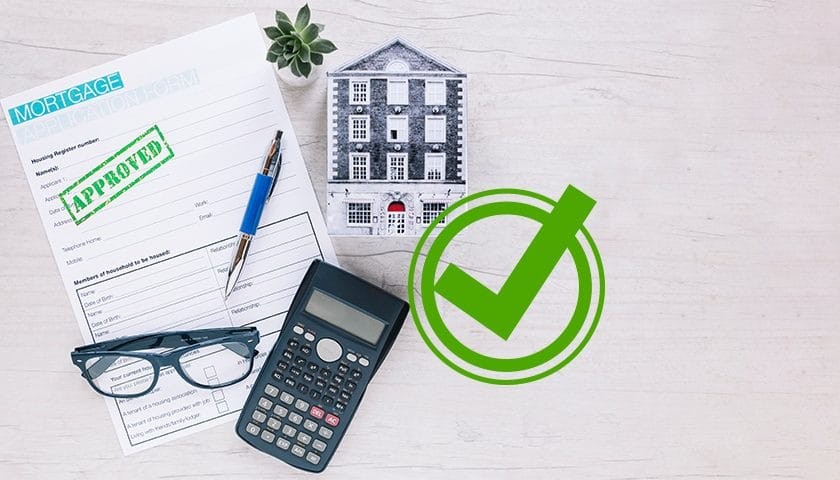How to Verify your Property Documents Without a Lawyer’s Assistance ?
Property document verification is the process of examining and scrutinizing legal documents associated with a property to ensure their authenticity, accuracy, and legality. This process is typically conducted to confirm the ownership status, legal title, and any encumbrances or liabilities associated with the property before a sale or transfer.
The verification of property documents is crucial to safeguard the interests of all parties involved in a property transaction, including buyers, sellers, and financial institutions. It helps in mitigating the risks of fraud, disputes, or legal complications related to the property in the future.
Verifying property documents without a lawyer can be a challenging task, but it’s not impossible. Here are some steps you can take:
Understand the Basics: Familiarize yourself with the essential documents related to property ownership, such as sale deed, title deed, property tax receipts, encumbrance certificate, and possession certificate.
Verify Seller’s Identity: Ensure that the seller is the rightful owner of the property. Ask for their identification documents like Aadhar Card, PAN Card, etc., and cross-check the details with the documents provided.
Examine Title Deed: Verify the title deed to confirm the ownership of the property. Check for any discrepancies in names, dates, or property descriptions.
Check Encumbrance Certificate: Obtain an encumbrance certificate from the sub-registrar’s office to ensure there are no pending legal dues or liabilities on the property.
Inspect Property Tax Receipts: Review property tax receipts to confirm that there are no outstanding dues. This will also give you an idea of the property’s tax history.
Physical Verification: Visit the property physically to ensure it matches the details mentioned in the documents. Look for any discrepancies or signs of encroachment.
Consult with Local Authorities: Seek assistance from local municipal authorities or revenue department officials to verify the authenticity of the documents and to confirm the property’s status.
Speak with Neighbors: Engage with neighbors or nearby residents to gather information about the property, its history, and any legal issues associated with it.
Online Resources: Some regions have online portals where you can verify property records. Utilize these resources to cross-check information and verify the authenticity of documents.
Legal Opinion: While you’re trying to verify the documents on your own, it’s always advisable to seek a legal opinion if you encounter any doubts or complexities.
Remember, while these steps can help you in verifying property documents, they may not provide foolproof assurance. It’s always recommended to involve legal professionals for complex transactions or if you’re unsure about any aspect of the property documents.

Leave a Reply